Sildenafil Tablets
Take Sildenafil to treat erectile dysfunction
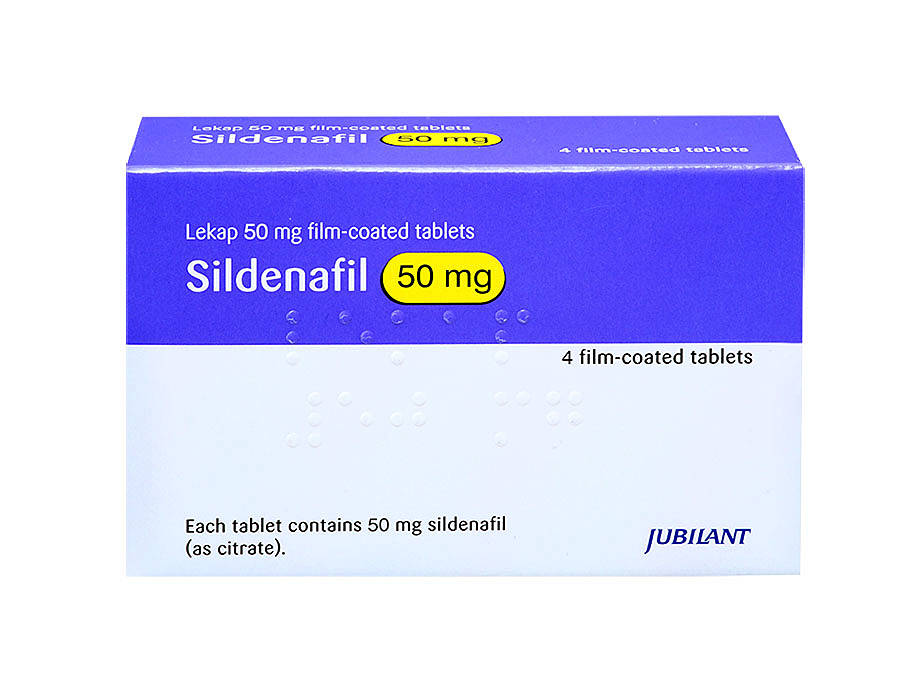
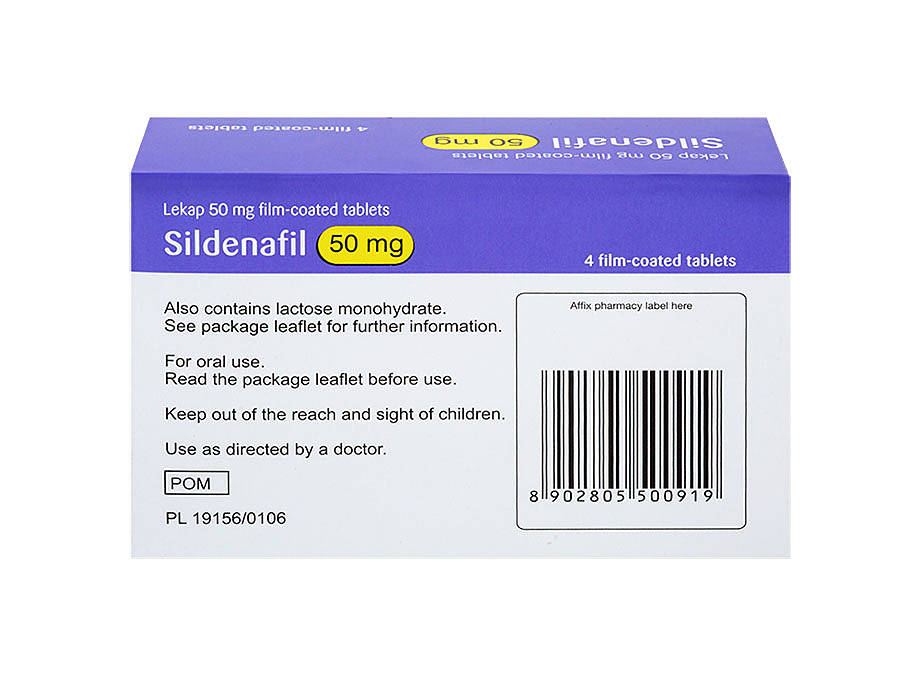



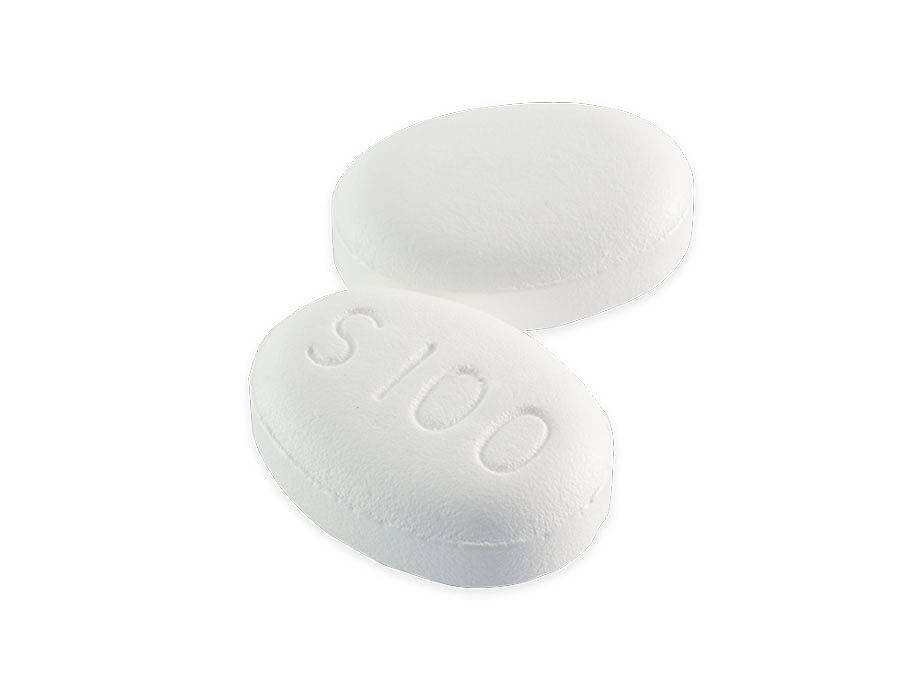


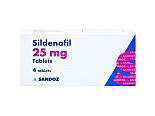
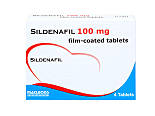
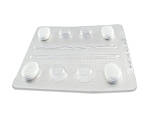

Sildenafil is a well known medicine for treating erectile dysfunction (ED). Sildenafil is also the generic (unbranded) name for Viagra, and it contains the same active ingredient (sildenafil citrate) but it’s just as effective and cheaper.
Simply complete our brief medical questionnaire, and a ZAVA doctor will then check to see if the treatment is right for you. They will then issue your prescription to a local pharmacy in Ireland, or you can choose to have your medication delivered directly to your door.
A consultation for erectile dysfunction treatment prescription costs €21.50.



About Sildenafil
What is Sildenafil?
Sildenafil is a medicine that can be used to help treat erectile dysfunction (ED). It works by helping increase blood flow to the penis when you’re sexually aroused. This can help you maintain an erection long enough to have sex.
How does Sildenafil work?
The active ingredient of Sildenafil is a type of medicine called a phosphodiesterase type 5 (PDE-5) inhibitor.
PDE-5 is a chemical you produce to stop an erection from happening. Sildenafil blocks this chemical and helps to relax the blood vessels in the penis when sexually aroused. This allows an erection to be maintained for longer so you can have sex.
How to take Sildenafil
Sildenafil is taken as a tablet no more than once a day. You should swallow 1 tablet whole with a glass of water around an hour before sexual activity.
You’ll need to be sexually aroused for Sildenafil to work, and sometimes foreplay can help with this.
Sildenafil can be taken with or without food, but you might find it takes longer to work if taken with a heavy meal. You should avoid drinking grapefruit juice at the same time as taking Sildenafil.
Drinking alcohol can make it harder to get an erection. So you should avoid drinking more than the recommended amount when taking Sildenafil.
Who can take Sildenafil?
Sildenafil is suitable for men over the age of 18 who are experiencing erectile dysfunction.
Sildenafil is not suitable for women or anyone under the age of 18.
Do not take Sildenafil if you have:
- a severe heart or liver problem
- recently had a stroke or a heart attack
- low blood pressure
- certain rare inherited eye diseases such as retinitis pigmentosa
- ever had loss of vision due to non arteritic anterior ischaemic optic neuropathy (NAION)
- an allergy to any of the ingredients
Before taking Sildenafil, you should speak to your doctor if you have any of the following:
- sickle cell anaemia
- leukaemia
- multiple myeloma
- a deformity of your penis or Peyronie’s disease
- problems with your heart
- a stomach ulcer or a bleeding problem such as haemophilia
- kidney or liver problems
Sildenafil dosage information
Sildenafil is available in three doses:
- 25mg
- 50mg
- 100mg
Usually, patients start with a 50mg dose. This may be increased to 100mg if you find it’s not helping you maintain an erection. Or your doctor may recommend the lower 25mg dose if you find the effects too strong or experience side effects.
You should take Sildenafil at the dose that has been recommended for you. Sildenafil taken at doses greater than 100mg does not make it more effective but may make side effects more likely.
You should let your doctor know about any medicines you are taking so they can determine the most appropriate dose for you.
Side effects of Sildenafil
Some people experience side effects with Sildenafil, although these are usually mild or moderate and do not last long.
Headache is a very common side effect of Sildenafil, which means it may affect more than 1 person in every 10 who takes it. Some other side effects are common with Sildenafil, which means they may affect up to 1 person in every 10 who takes it.
Common side effects
- nausea
- facial flushing
- hot flushes
- indigestion
- changes in vision – colour tinge, blurred vision or visual disturbance
- stuffy nose
- dizziness
Uncommon side effects
- vomiting
- skin rash
- eye irritation or pain
- watery, bloodshot or red eyes
- visual brightness or light sensitivity
- pounding or rapid heartbeat
- high or low blood pressure
- muscle pain
- feeling sleepy
- reduced sense of touch
- vertigo
- ringing in the ears
- dry mouth
- blocked or stuffy sinuses
- inflammation of the lining of the nose leading to runny nose, sneezing and stuffy nose
- upper abdominal pain
- gastro oesophageal reflux disease
- blood in urine
- pain in arms or legs
- nosebleed
- feeling hot and tired
Rare side effects are listed in the patient information leaflet for Sildenafil.
If you experience any side effects with Sildenafil, speak to your doctor as soon as possible.
If you experience any of the following, you should stop taking Sildenafil straight away and call 999 :
- allergic reaction (symptoms include wheeziness, difficulty breathing, dizziness, swelling of the eyelids, face, lips, or throat)
- chest pain
- an erection lasting more than 4 hours (priapism)
- sudden decrease or loss of vision
- a serious skin reaction such as severe peeling and swelling of the skin, blistering of the mouth, genitals and around the eyes, and fever
- seizure or fits
Sildenafil interactions
Before taking Sildenafil, let your doctor know about any other medicines you are taking. This is just in case there are any drug interactions.
Sildenafil can interact with some other medicines, especially those used to treat chest pain.
Sildenafil can interact with some medicines to lead to a fall in blood pressure.
Do not take Sildenafil if you are taking any of the following medicines:
- nitrates (often taken to relieve angina)
- nitric oxide donors such as amyl nitrite (poppers) as the combination can lead to a dangerous fall in your blood pressure
- riociguat, used to treat high blood pressure in the lungs
- any other medications to treat erectile dysfunction
If you are taking any of the following, your doctor may recommend you start on the lowest dose:
- protease inhibitors for the treatment of HIV
- alpha blockers (to treat high blood pressure or prostate enlargement)
Alternative erectile dysfunction treatments
Is Sildenafil as effective as Viagra?
Sildenafil contains the same active ingredient as Viagra, and it works in exactly the same way with the same effects. Sildenafil is cheaper than Viagra because it is generic, rather than a brand name.
What is erectile dysfunction?
Erectile dysfunction (ED), also sometimes called impotence, is when a man has difficulty getting or maintaining an erection. It is common, particularly in men aged over 40.
There are many different causes of ED, and these can include:
- an underlying health condition such as high blood pressure (hypertension)
- Peyronie’s disease, which is when the shape and function of your penis is affected by scar tissue
- psychological causes, for example, stress or performance anxiety
ED may be due to a combination of reasons, and you may want to work on one aspect at a time to see if it improves. For example, you may want to try therapy or use medication to bring high blood pressure under control.
If you think you have erectile dysfunction, you should speak to your doctor or visit a specialist genito urinary (GUM) clinic. Your doctor will help determine what might be causing your ED.

Babak studied medicine at King’s College London and graduated in 2003, having also gained a bachelor’s degree in Physiology during his time there. He completed his general practice (GP) training in East London, where he worked for a number of years as a partner at a large inner-city GP practice. He completed the Royal College of GPs membership exam in 2007.
Meet our doctorsLast reviewed: 15 Feb 2022
-
Sildenafil 25mg, 50mg, 100mg Patient Information Leaflet (PIL) [March 2021] [accessed Jan 2022]
